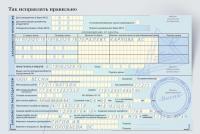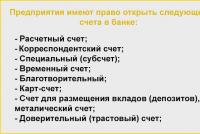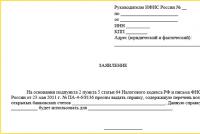Rospotrebnadzor inspection: scheduled and unscheduled inspections
Rospotrebnadzor is a state body designed to protect the rights of consumers from the provision of low-quality services and goods. How does Rospotrebnadzor check, what is checked, how often, what are the criteria and how to prepare for it? These and other questions are of interest to entrepreneurs and heads of organizations and institutions of various types.
This department was created by decree of the President of the Russian Federation, its activities are regulated by the Decree of the Government of the Russian Federation No. 322 of June 20, 2005. The structure of Rospotrebnadzor covers a wide range of issues and tasks and can subject almost all types of organizations and institutions to scrutiny. The attention of departments most often falls on organizations directly related to the provision of services or the sale of goods to the public.
These include:
- pharmacies;
- the shops;
- catering facilities;
- sanitary and hygienic organizations;
- schools, kindergartens, hospitals.
Rospotrebnadzor is endowed with a wide range of rights and therefore can subject almost all organizations to inspections.
In accordance with the documents regulating the activities of the body, the functions of Rospotrebnadzor are as follows:
- Detection and elimination of facts of violation of the law in the field of consumer protection.
Prevention and prevention of possible violations of the law in the course of the activities of a legal entity. Application of measures in accordance with the norms of the law, in case of detection of such violations (fines, ban on conducting activities, etc.). - Participation in activities to control products imported into the territory of the Russian Federation.
Issuance of certificates and licenses for products, assessment of their quality and safety for the consumer. - Implementation of control purchases of products and testing of services, in order to study their compliance with the norms of the legislation of the Russian Federation.
- Assessment of conformity of employees' qualifications, checking the availability of medical books.
- Evaluation of the results of ongoing medical examinations of personnel.
- Sanitary and hygienic supervision behind:
- catering facilities (production, storage, sale);
- the quality of products imported into the territory of the Russian Federation from other countries;
- the process of production, storage, sale and transportation of potentially hazardous chemical and other products;
- new products and new production technologies that have appeared on the consumer market;
- selection of a site for the construction of new production facilities, search for a possible threat to the population;
- organization of the nutrition process in schools, kindergartens, sanatoriums, medical institutions, boarding schools;
- the state of water treatment facilities and communications that are part of the central water supply system;
- the influence of production factors on the state of health of workers (determination and control of the level of noise, vibration, air purity, etc.);
- chemical and biological composition of the soil;
- chemical and biological composition of the air, in places of frequent or permanent stay of citizens;
- potential danger and technical condition of mechanisms and machines used in the production process.
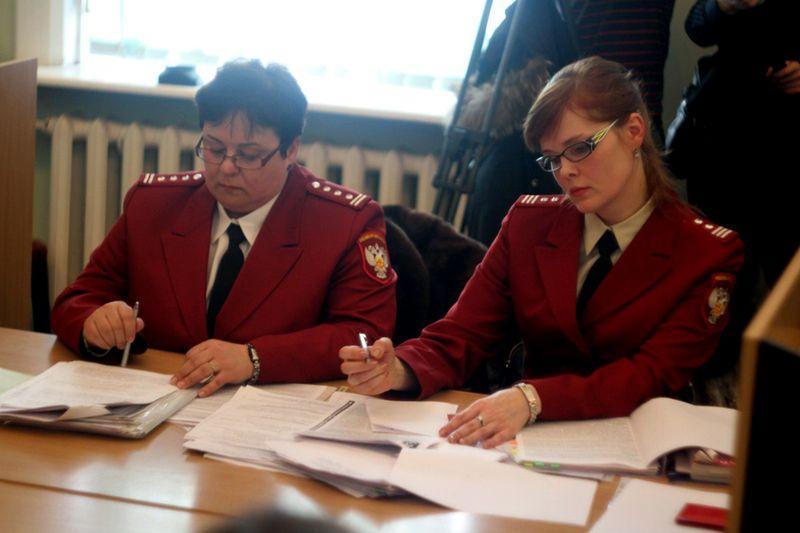
Organizations are controlled by local bodies of Rospotrebnadzor
What are the checks
Checks can be planned And unscheduled. The first ones are carried out according to a certain schedule, the second ones are initiated at an unscheduled time. Both types of control have their own specifics.
What does Rospotrebnadzor check during a scheduled inspection:
- all documents of the organization or institution (employment contracts, medical books, assessments of other inspection bodies);
- compliance with consumer protection law;
- accounting, statistics and coordination of the work of departments;
- compliance of the inspected objects with sanitary and hygienic standards;
- Performs employee appraisals.
All scheduled inspections are carried out in compliance with the following rules:
- The regularity of the audit is every 3 years, from the moment the organization was established. The exception is medical institutions that are inspected every 2 years.
- All activities are carried out only in the presence of the head of the organization.
- The management of the organization is warned about the upcoming inspection at least 3 days in advance.
- Notification options: letter by mail or personal delivery of the notice to the head, against signature.
- The schedule of upcoming inspections is available for review on the official website of the territorial department of the federal body or on the regional website of the prosecutor's office.
- The procedure is carried out by authorized employees of Rospotrebnadzor.
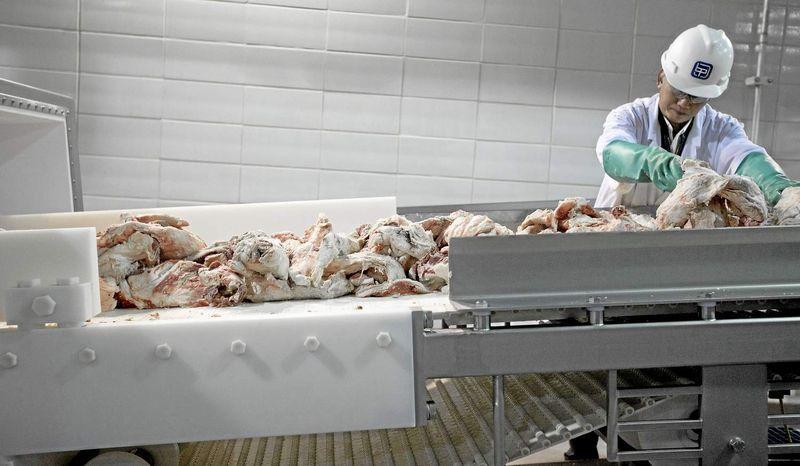
Often inspections are carried out on the basis of statements from the population regarding violations in the work of certain enterprises.
Unscheduled inspection of Rospotrebnadzor can be produced as a result of the following facts:
- private person's complaint;
- accident or other emergencies at work;
- depreciation of technical means, change in the process or production technology;
- the occurrence of diseases, poisoning, epidemics associated with this enterprise;
- information in the media about any facts of violation of consumer rights.
Note: at the same time, the absence of specific facts in the appeal of an individual or the anonymity of the complaint may be the reason for refusing an unscheduled inspection of the organization.
Also, the reason for refusal may be the lack of the relevant consent of the prosecutor's office. An exception is situations that clearly threaten the life and health of people or animals, the preservation of the flora, historical or strategic objects.
Notification of the upcoming procedure must be received by the legal entity no later than 24 hours. The check is carried out by analogy with the planned one. Since 2015, Art. 523 of the Federal Law of December 31, 2014 allows unscheduled, without notice to check the activities of supermarkets, restaurants and food production enterprises.
Actions and powers of Rospotrebnadzor after the audit
The results of the inspection by Rospotrebnadzor are analyzed and, on their basis, the agency takes the following measures: draws up protocols and imposes fines (if necessary), indicates the violations found and makes recommendations for their correction, monitors the implementation of these instructions, issues a SEZ on successful completion of the inspection.
Failure to comply with the requirements of the audit leads to bringing the organization's management to administrative responsibility - a fine or suspension of activities for up to 90 days. Violations related to the threat of the spread of diseases or epidemics are punishable by imprisonment. The amount of the fine depends on the nature and extent of the problems found. Inspection fines can range from 20 to 200 thousand rubles. The decision on deprivation of liberty is made by the court, after the transfer of the case materials.
Note: if the requirements of Rospotrebnadzor and fines for verification, in the opinion of the management, are not fair, you can file a complaint with the court or a higher authority.
In this case, the subject of appeal can be both procedural errors of the commission, and any violations of substantive law. Ignoring or non-compliance with the requirements of the commission will serve as a reason for bringing to administrative responsibility.

In some cases, it is possible to appeal the results of Rospotrebnadzor inspections.
How to prepare for the inspection of Rospotrebnadzor
Basically, the inspector checks the availability and correctness of filling out the documents. In preparation for the commission's visit, it is important to check the following documents for Rospotrebnadzor:
- signboard;
- certificate of registration and TIN and other constituent documents;
- all necessary licenses and certificates;
- documents reflecting the pricing process for products or services;
- documents on the ownership of the premises or lease agreements;
- medical books of employees;
- production control program with the signature of the head;
- contracts with organizations performing service functions;
- register of sanitary and epidemiological inspections and the conclusion of this service.
Note: in addition to this list of documents, others related to the specifics of the activity may be required.
Depending on the type of activity, the check may affect various aspects. For example, in medical institutions, instruments and consumables are examined for their storage and sterilization. Schools check whether the schedule corresponds to a rational distribution of the load. In kindergartens, compliance with the isolation regime for children of different age categories, as well as the availability of individual hygiene items, is subject to verification.
Before starting the procedure, it is advisable to check whether the formalities of the procedure are observed by the inspectors of the department. In particular, the inspector should have with him such documents as a copy of the order of the head of the territorial division of Rospotrebnadzor, certified by the seal of the department and service certificates.

